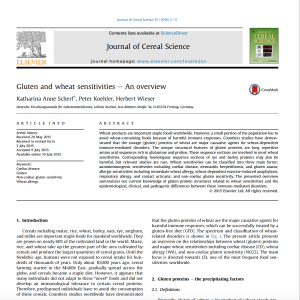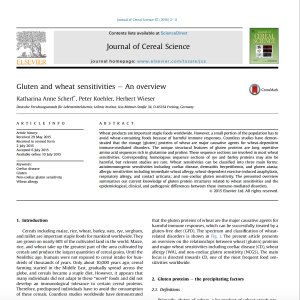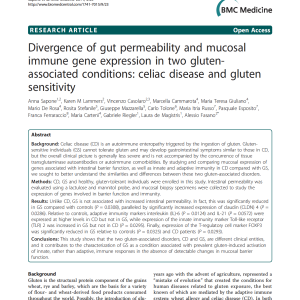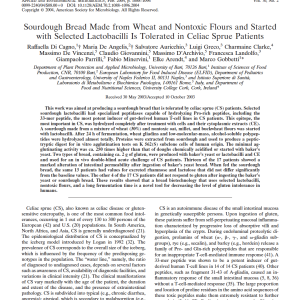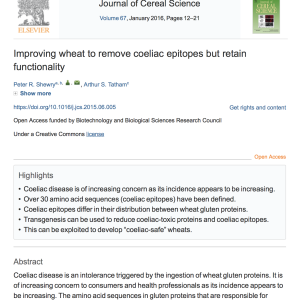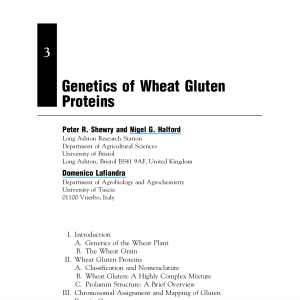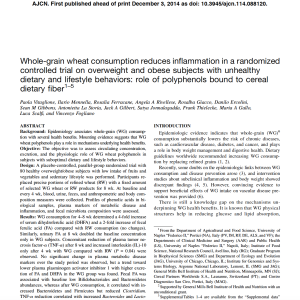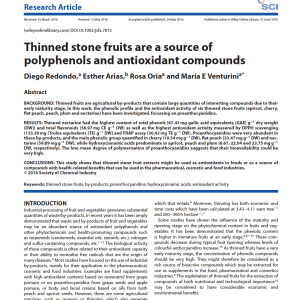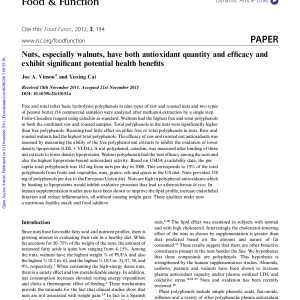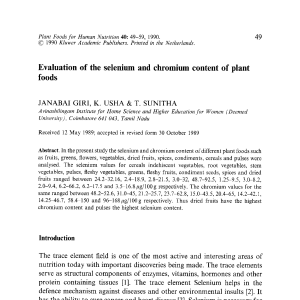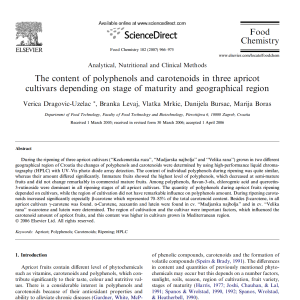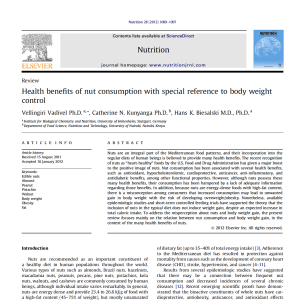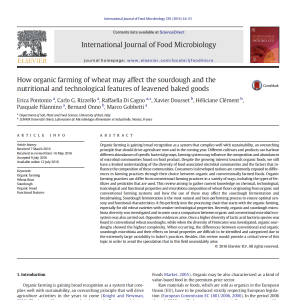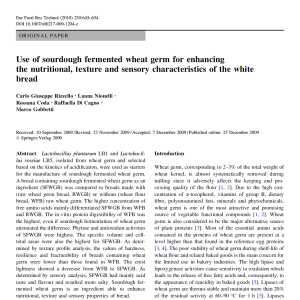Baking as Lifestyle Medicine Research Library
Baking as Lifestyle Medicine Research Library
Comprising seven principles and reflecting over 20 years of research. The Baking as Lifestyle Medicine Protocol ( BALM Protocol ) is an evidence-based approach. The foundation of BALM is in The Six Pillars of Lifestyle Medicine. The framework guides everything we do at The Sourdough School and The Sourdough Club.
This library embodies a comprehensive and holistic approach to the study of baking, eating, and sharing bread, encompassing a diverse range of interconnected topics. Reflecting the complexity of this approach, the research covers various areas such as breadmaking, nutrition, fermentation, lifestyle medicine, sleep science, stress management, physical activity, non-communicable diseases, and the gut microbiome, with a strong focus on the mechanisms of fermentation.
By integrating these diverse fields of study, the library offers a multifaceted perspective on the many aspects that contribute to our relationship with bread and its impact on our well-being. This holistic approach acknowledges the complexity of the subject matter and encourages a deeper understanding of the interconnected factors that influence our health and overall quality of life through the lens of breadmaking and consumption.
Students can use the catalogue to search but must be logged in to do so.
How do we use the studies?
Every recipe, every lesson, and every ingredient in The School and the Club is meticulously researched, and we link back to the research in this library.
Creating and maintaining our research library has taken hundreds of hours and significant resources. From the beginning, Vanessa has written plain English "translations" of each study to make the information more accessible and understandable for a wider audience. Although academic studies are linked to each review, several obstacles inspired us to share this knowledge freely:
- Limited access to studies: In the past, many studies were only available to those affiliated with academic institutions. While this has improved over the years, we believe that knowledge should be accessible to everyone, regardless of their background or affiliation.
- Difficulty understanding academic language: Even when studies are publicly available, many people struggle to interpret the complex language used in academic research. By providing plain English summaries, we aim to bridge this gap and make research findings more comprehensible to a wider audience.
- Translating knowledge into practical applications: Understanding the results of a study doesn't always equate to knowing how to apply that knowledge to everyday life, such as incorporating it into one's diet. Our library helps readers of our books gain a deeper understanding of the research behind them and offers practical guidance on incorporating the findings into their lives.
Vanessa firmly believes that making knowledge accessible and available is a way to disrupt the influence of large food conglomerates that produce addictive ultra-processed foods. We view knowledge-sharing as a vital component of our social justice strategy, empowering people to make informed decisions about their diets and overall well-being.
By sharing our research library freely, we encourage everyone to bake, eat, and share knowledge, promoting a more equitable and health-conscious society.
Gluten and wheat sensitivities- An overview
Divergence of gut permeability and mucosal immune gene expression in two gluten-associated conditions: celiac disease and gluten sensitivity
Sourdough bread made from wheat and nontoxic flours and started with selected lactobacilli is tolerated in celiac sprue pateints
Improving wheat to remove coeliac epitopes but retain functionality
Genetics of wheat gluten proteins
Mechanism and efficacy of dietary FODMAP restriction in IBS
Whole grain wheat consumption reduces inflammation in a randomised controlled trial on overweight and obese subjects with unhealthy dietary and lifestyle behaviours: role of polyphenols bound to cereal dietary fibre
Thinned stone fruits are a source of polyphenols and antioxidant compounds
Nuts, especially walnuts, have both antioxidant quantity and efficacy and exhibit significant potential health benefits
Evaluation of the selenium and chromium content of plant foods
The content of polyphenols and carotenoids in three apricot cultivars depending on stage of maturity and geographical region
Health benefits of nut consumption with special reference to body weight control
How organic farming of wheat may affect the sourdough and the nutritional and technological features of leavened goods
Use of sourdough fermentation and non-wheat flours for enhancing nutritional and healthy properties of wheat-based foods
- « Previous Page
- 1
- …
- 36
- 37
- 38
- 39
- 40
- …
- 42
- Next Page »
